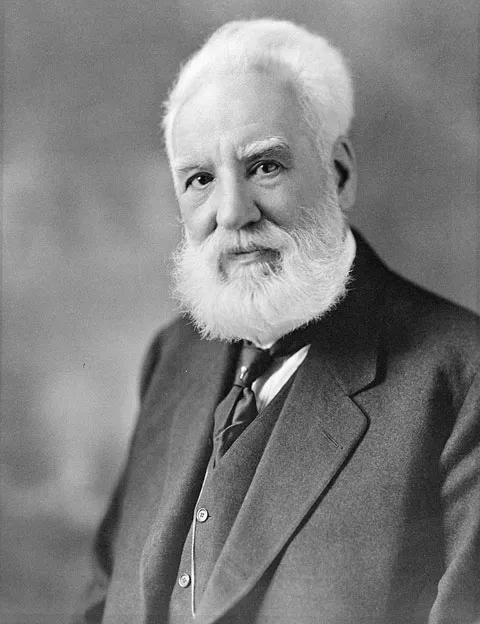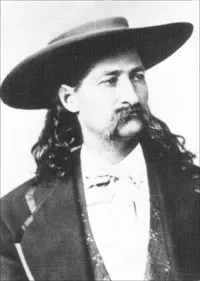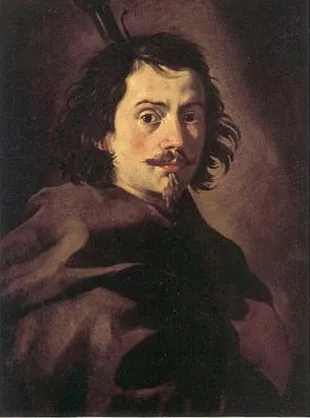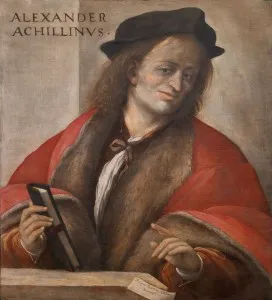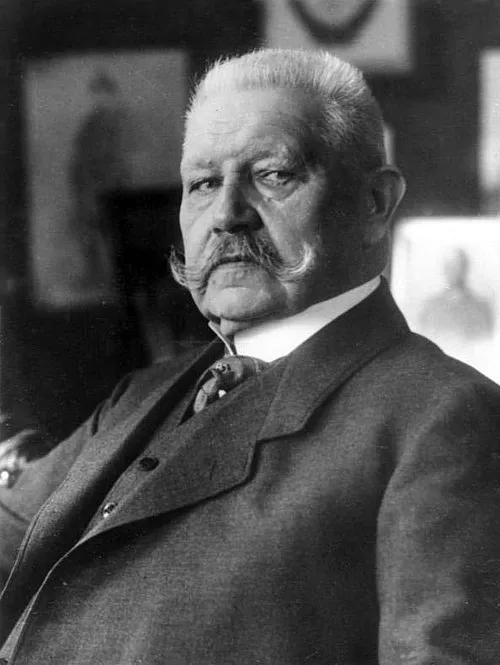
Full Name: Paul von Hindenburg
Born: 1847
Died: 1934
Nationality: German
Occupation: Field Marshal and Politician
Presidency: 2nd President of Germany
1934 – Paul von Hindenburg, German field marshal and politician, 2nd president of Germany (b. 1847)
In the summer of 1847, amid the bustling streets of Posen in Prussia, a boy named Paul Ludwig Hans Anton von Hindenburg was born. As the son of a career Prussian army officer, it seemed that destiny had laid a path for him from his very first breath a path filled with military ambition and political intrigue. Little did they know, this child would one day become an emblematic figure in German history.
His youth was steeped in discipline and tradition. Perhaps it was this rigorous upbringing that instilled in him an unwavering sense of duty and honor. When he turned 18, he followed in his father's footsteps by joining the army as a second lieutenant. However, this was not merely an entry into military service; it marked the beginning of a remarkable career defined by both triumphs and controversies.
During the tumultuous years leading up to World War I, Hindenburg earned fame as a competent strategist. His pivotal role at the Battle of Tannenberg in 1914 transformed him from an obscure general into one celebrated across Germany as a national hero. Despite this newfound fame, some historians argue that it also sowed the seeds of arrogance within him an idea that would haunt his later years.
As Germany descended deeper into war, Hindenburg ascended to new heights; he became Chief of General Staff. He wielded power with confidence perhaps too much so as he made decisions that influenced not just military strategies but also political landscapes back home. Who knows what might have happened had he not aligned himself closely with Erich Ludendorff? Their partnership brought initial victories but ultimately contributed to Germany’s eventual defeat.
The aftermath of World War I left Germany reeling from loss and humiliation; yet somehow, amidst this chaos emerged Hindenburg again not as a general but as a politician! Historians recount how he briefly retired to civilian life only to be coaxed back into public affairs by nationalist fervor rising throughout Europe. In 1925, against all odds, he became President of Germany after winning against several opponents a move many believed would stabilize post-war politics.
However, his presidency wasn’t without its challenges. The Weimar Republic struggled under economic pressures and political extremism; inflation skyrocketed while unemployment reached staggering numbers. Arguably one could say these conditions laid fertile ground for more radical ideologies growing unrest giving way to voices seeking change through dangerous means.
Pushed towards desperation during these challenging times were groups advocating for authoritarian rule one such group being Adolf Hitler's National Socialist Party . Ironically enough, despite his previous military accolades aligning closely with national pride and traditional values, Hindenburg initially underestimated Hitler's ambitions a critical miscalculation on his part!
The year 1933 marked another turning point the Nazi Party gained significant electoral success which led them directly into power! Who knows if history might have unfolded differently had Hindenburg recognized Hitler’s true intentions earlier? Instead…he appointed him Chancellor out of belief in stabilizing governance rather than realizing how deeply intertwined their fates would soon become!
As time went on under Nazi rule, more discontent brewed within Hindenburg himself a man who once commanded respect became just another pawn manipulated by those around him! Despite attempts at resistance against radical policies early on...his later years saw fewer decisive actions taken against burgeoning totalitarianism sweeping across Germany like wildfire.
Hindenburg’s health deteriorated over time; ironically enough though surrounded by those who sought absolute control he remained somewhat isolated until succumbing finally on August 2nd ,1934 . His death ushered forth profound changes: following this event came complete consolidation under Hitler leading straight down dark paths few could foresee!
This conclusion brings us here: Today we reflect upon how figures like Paul von Hindenburg can influence historical trajectories their legacies often complex mirrors reflecting societal tensions still relevant even now! On social media platforms filled with discussions surrounding authoritarianism vs democracy...it is intriguing how modern leaders are occasionally compared or referenced back to iconic individuals such as himself!


